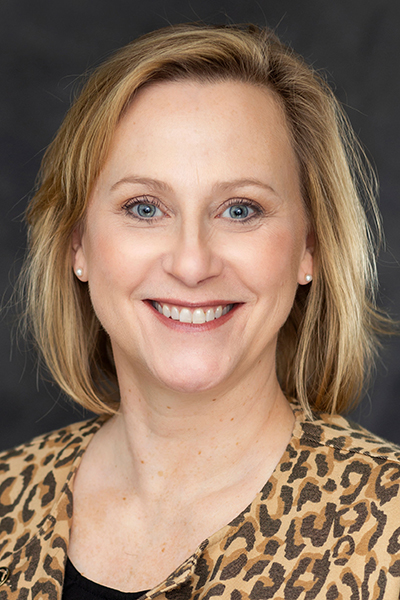Advocacy is one of the key professional standards in rheumatology. Most rheumatology professionals are advocates on a daily basis, whether they realize it or not.

“Advocacy is not just going to Congress and talking about rheumatology,” said Kamala Nola, PharmD, MS, FAPhA, Professor and Associate Dean of Academic Affairs at Lipscomb University College of Pharmacy. “Advocacy is much broader than that. Every time you meet the needs of a patient, that is being an advocate. If their insurance is denied and you make that phone call or write that letter and fight for them to get that therapy, that test, access to that facility, that’s advocacy. Advocacy is one of our professional responsibilities in rheumatology, and those standards are written very broadly.”
Dr. Nola will explore the current role of advocacy during the 2022 Distinguished Lecture: Speak Out! The Power of Advocacy to Improve Patients’ Lives on Sunday, November 13, from 3–4 p.m. ET. Meeting participants have the option to attend the lecture in person in Ballroom AB of the Pennsylvania Convention Center or on the meeting website via livestream, or to view the lecture on demand.
Rheumatology professionals routinely advocate on multiple levels, they just don’t think about it as advocacy, she explained. Those who are not comfortable talking before Congress or their state legislatures can write letters and emails. They can work within the ACR and their own professional communities.
The COVID-19 pandemic has underlined the need for advocacy and the almost limitless opportunities to advocate for patients, for rheumatology, and for healthcare.
“When we think about advocacy, we tend to make it hard,” Dr. Nola said. “Advocacy is really about the ways we practice and the ways we try to help people.”
Encouraging immunization and timing immunization for patients based on their individual needs is a familiar advocacy role for rheumatologists. The COVID-19 pandemic transformed the familiar into an urgent, potentially life-saving activity.
“As a person who is trying to immunize during COVID, I have three roles,” Dr. Nola explained. “One is to provide immunizations myself whenever and wherever I can. Two is to advocate for others to provide immunizations to the best of their abilities. And three is to direct as many people as possible to someone who can provide that immunization.”
That illustrates how deeply advocacy is embedded in daily practice.
“We need to understand ourselves why we advocate, and we need our patients to understand why we advocate for them,” Dr. Nola said. “We’re not just advocating for them, we are advocating for the person who comes next, and the ones after them.”
Being an advocate for patients is also about being a role model. Not every patient realizes they can, and should, advocate for themselves. Rheumatologists can model that positive behavior and help patients learn to help themselves. Dr. Nola likened it to the “see one, do one, teach one” model in medical education.
“If a patient sees me advocating for them, pushing and fighting to get the care they need, they can do it themselves,” she said. “And they can teach someone else to do it. You broaden your own reach significantly when you approach advocacy as a teaching opportunity. Teaching others how advocacy is done by doing it yourself is paying it forward in the most effective way possible.”

Registered ACR Convergence 2024 Participants:
Watch the Replay
Select ACR Convergence 2024 scientific sessions are available to registered participants for on-demand viewing through October 10, 2025. Log in to the meeting website to continue your ACR Convergence experience.
